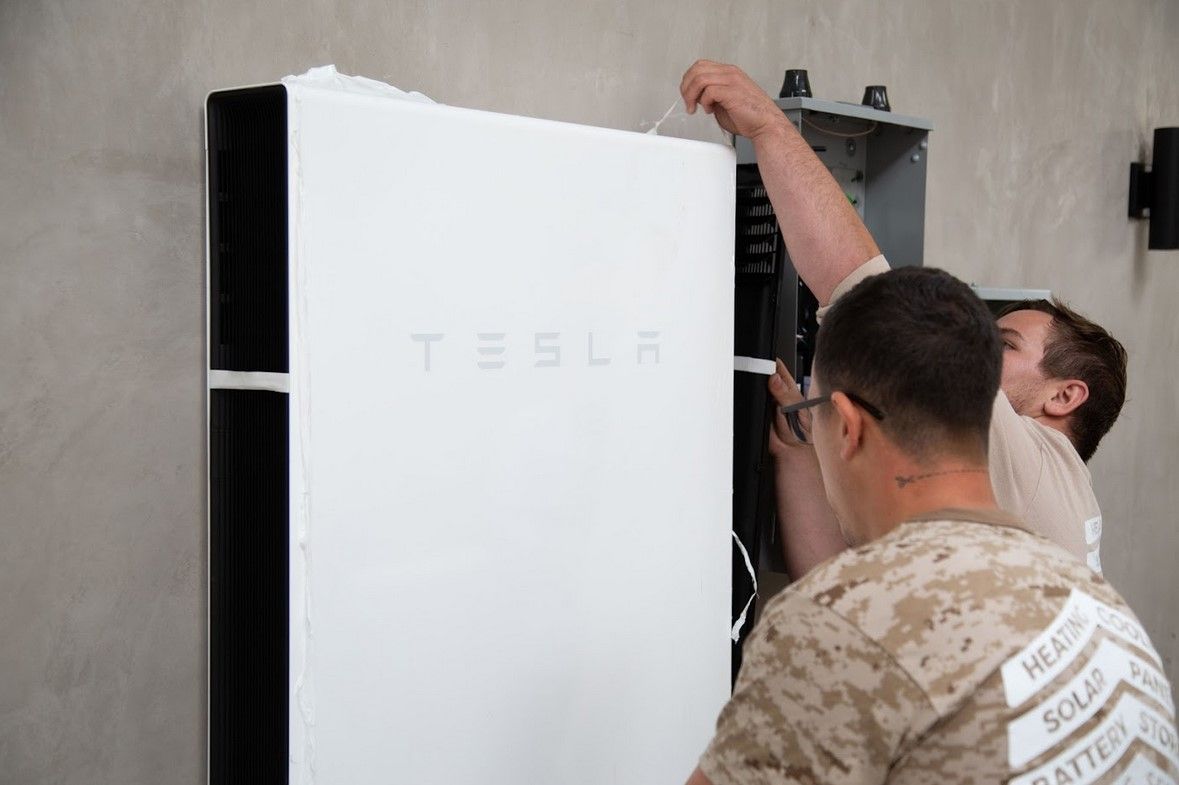Optimal Timing for Windows Installations
Choosing the optimal time for Windows installations can minimize disruptions and ensure a smooth process. Factors such as system readiness, software updates, and user availability influence the best timing. Planning installations during periods of low activity can help prevent productivity loss.
Perform installations during evenings or weekends to reduce impact on daily operations.
Coordinate with organizational schedules to align with planned maintenance periods.
Install Windows prior to large software updates to ensure compatibility and stability.
Timing installations when hardware is not in use prevents conflicts and downtime.

Technicians preparing hardware for Windows setup.

Calendar with planned Windows upgrade times.

Data backup before Windows installation.

Verifying Windows setup after installation.
| Timing Consideration | Best Practice |
|---|---|
| Low User Activity | Schedule during evenings or weekends |
| Software Compatibility | Install before major updates |
| Hardware Readiness | Ensure hardware is idle |
| Data Safety | Complete backups prior to installation |
| Organizational Schedule | Align with maintenance windows |
Windows installations are essential for maintaining system security, improving performance, and supporting new features. Proper timing ensures minimal disruption and maximizes the benefits of updates. Organizations often plan these installations during specific periods to align with operational needs and minimize downtime.

Technician working on Windows setup.

Scheduling tools for Windows updates.

Backing up data before installation.

Verifying Windows setup after installation.
Timing Windows installations appropriately can lead to smoother transitions, reduced downtime, and better system performance. Consulting with IT professionals or technical experts can help identify the most suitable periods for these updates.
Interested in scheduling a Windows installation? Fill out the contact form for assistance.




